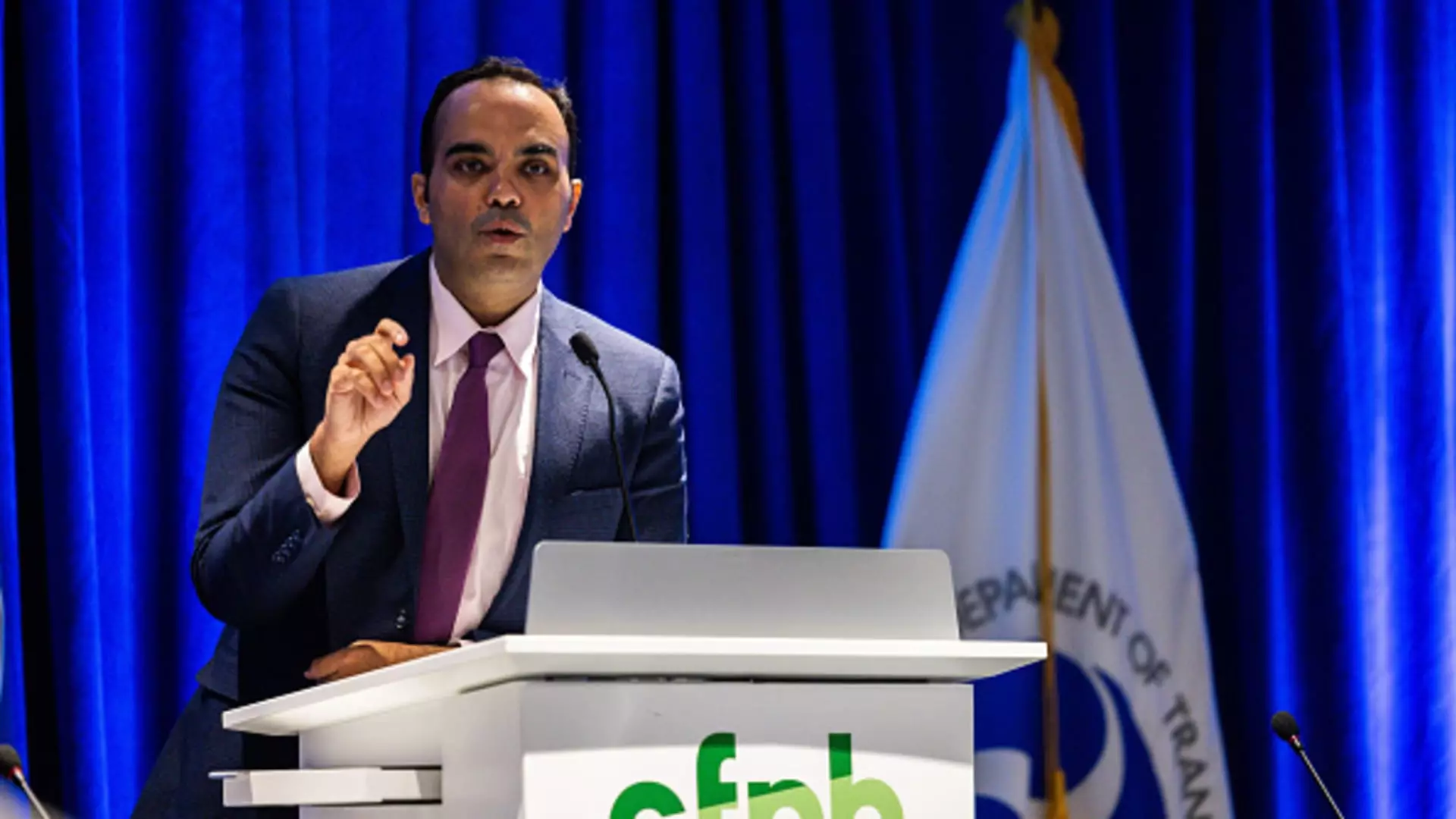On Wednesday, Rohit Chopra, the director of the Consumer Financial Protection Bureau (CFPB), is set to address attendees at DC Fintech Week in Washington, D.C. This event marks a pivotal moment in the ongoing discourse surrounding consumer rights in the financial landscape. As the CFPB continues to evolve its regulations, Chopra’s speech is expected to shed light on recent advancements in consumer financial protections, specifically focusing on the newly finalized personal financial data rights rule. Given the increasing importance of personal data in the financial sector, this rule is seen as a necessary step toward empowering consumers and enhancing their control over financial information.
The recently implemented rule marks a significant transformation in the way financial services firms interact with consumer data. It mandates that these institutions must unlock and transfer an individual’s financial data upon request without imposing any fees. This development is crucial, as it directly addresses consumers’ rights to access and manage their financial information. The regulation spans a wide array of financial products—including bank accounts, credit cards, payment applications, and mobile wallets—ensuring comprehensive coverage for consumers navigating their financial journeys.
By facilitating easier access to financial data, the rule is expected to open doors for consumers to shop around for better financial products. This could lead to a more competitive market environment, ultimately benefiting consumers who seek favorable rates for deposits or credit. However, the implementation of this rule is not devoid of challenges, as it may require financial institutions to reevaluate their internal practices and data management systems.
Despite the potential benefits, the CFPB’s announcement has sparked a varied response from different trade organizations. While some groups applaud the move as a progressive step toward greater consumer autonomy, others express concerns over the regulatory burden it may place on financial institutions. Critics argue that such regulations could lead to increased compliance costs, potentially affecting smaller firms that may struggle to adapt to the new requirements.
Moreover, there are apprehensions regarding how effectively the data will be shared and the potential risks associated with data security. Questions arise about the implications for consumer privacy and whether consumers are adequately informed about their rights under this new regulation. This ambiguity surrounding data security may deter some stakeholders from fully embracing the changes proposed by the CFPB.
As the CFPB continues to navigate the complexities of consumer financial protection, the new data rights rule sets the stage for a more consumer-centric approach in the financial services industry. The forthcoming speech by Rohit Chopra at DC Fintech Week could provide greater clarity on how the bureau plans to enforce these regulations and engage with stakeholders throughout this transition.
Ultimately, fostering an environment where consumers can exercise their rights effectively is essential for a healthier financial landscape. The ongoing discussions at events like DC Fintech Week are crucial for shaping policies that prioritize consumer well-being, ensuring that individuals have the tools, rights, and understanding necessary to make informed financial decisions. As this conversation unfolds, it will be interesting to observe how these legislative changes influence the relationship between consumers and financial institutions in the years to come.

